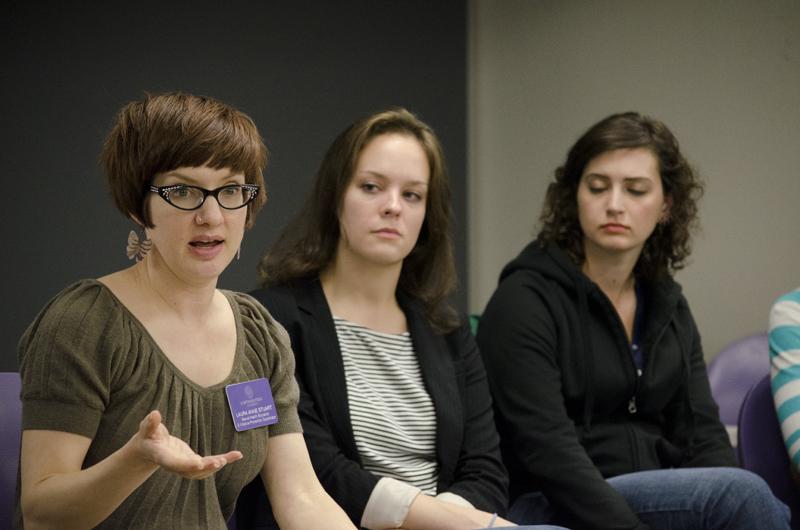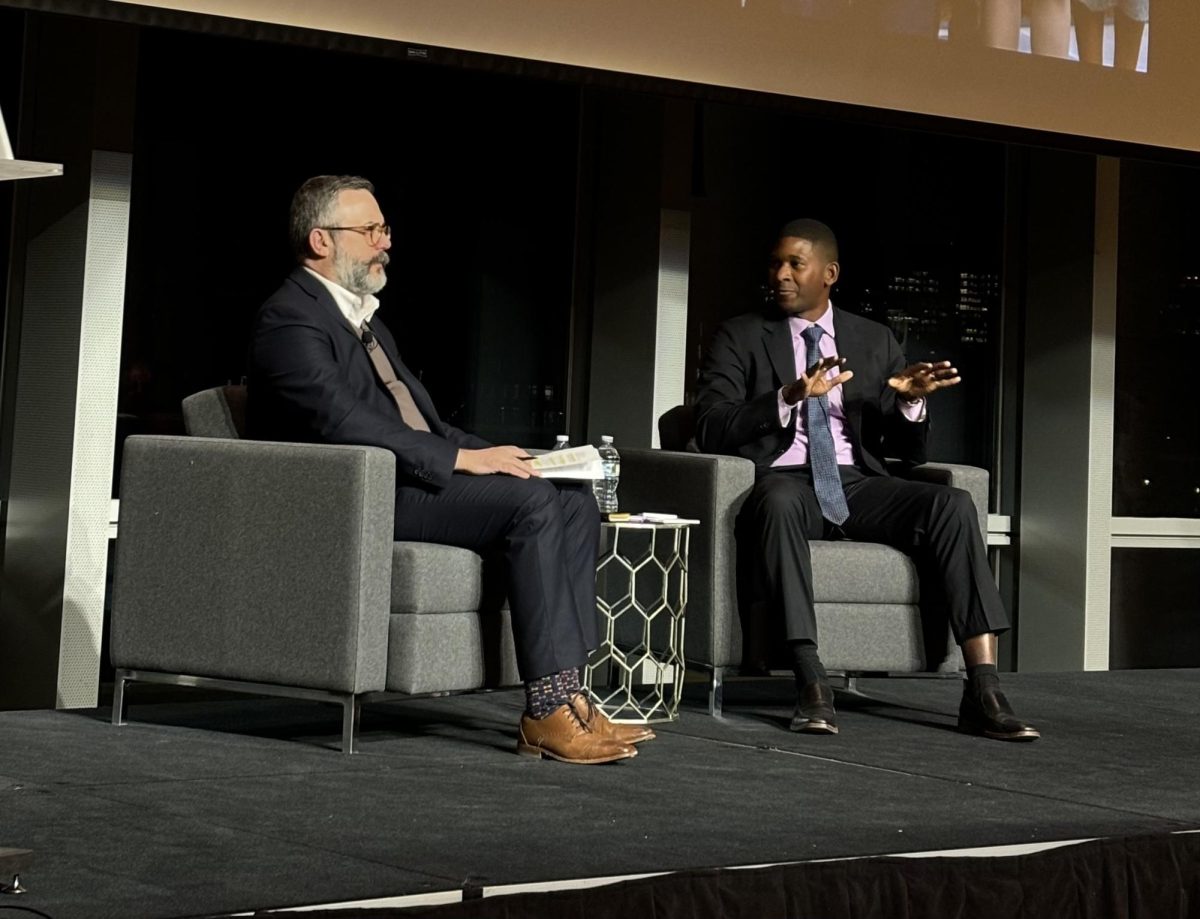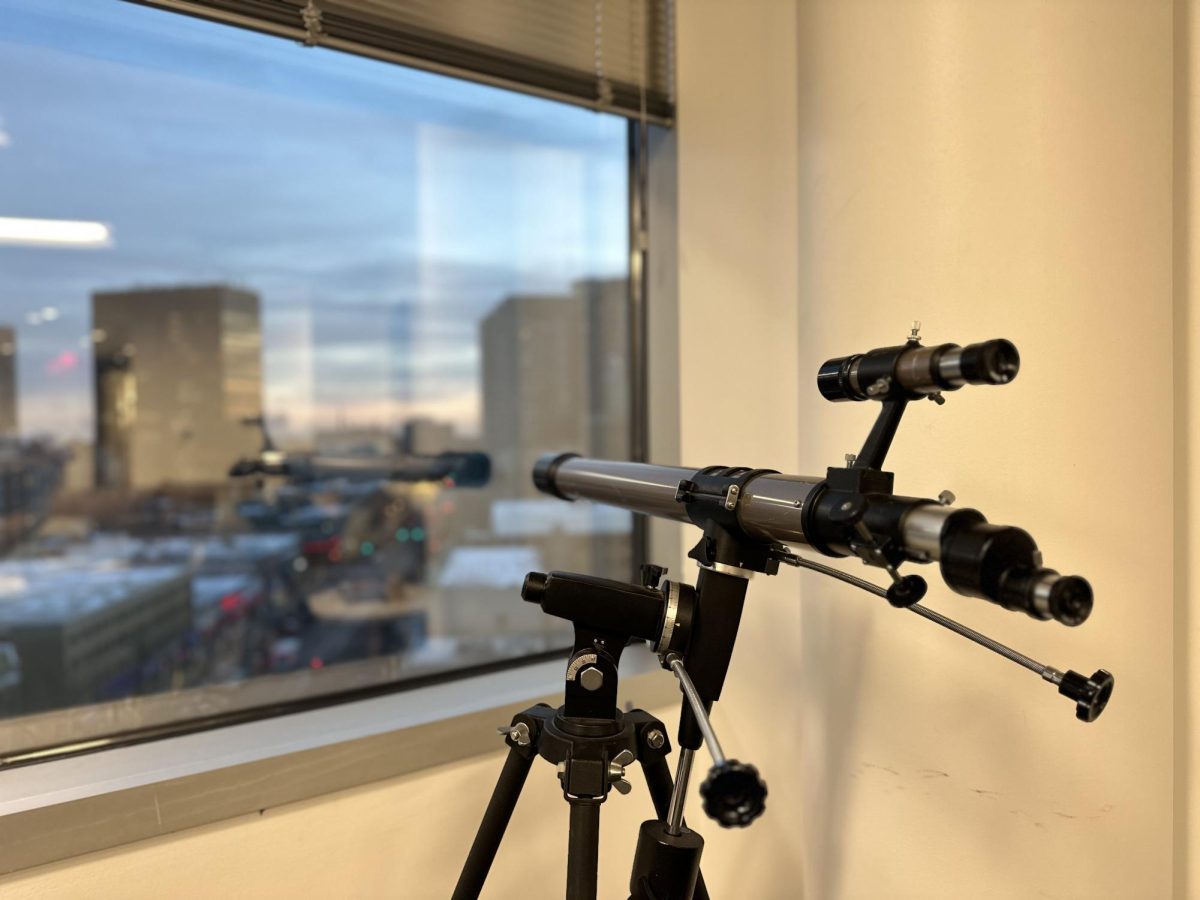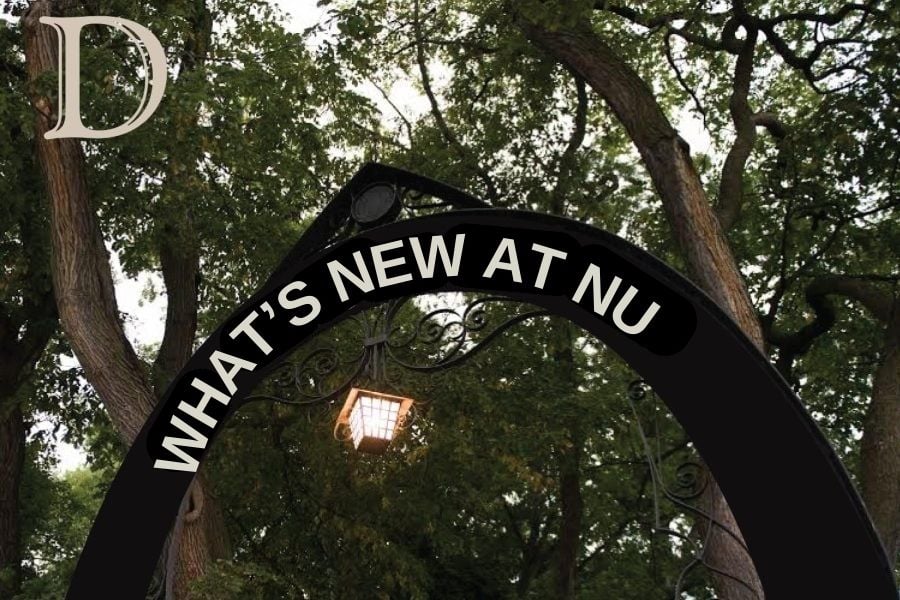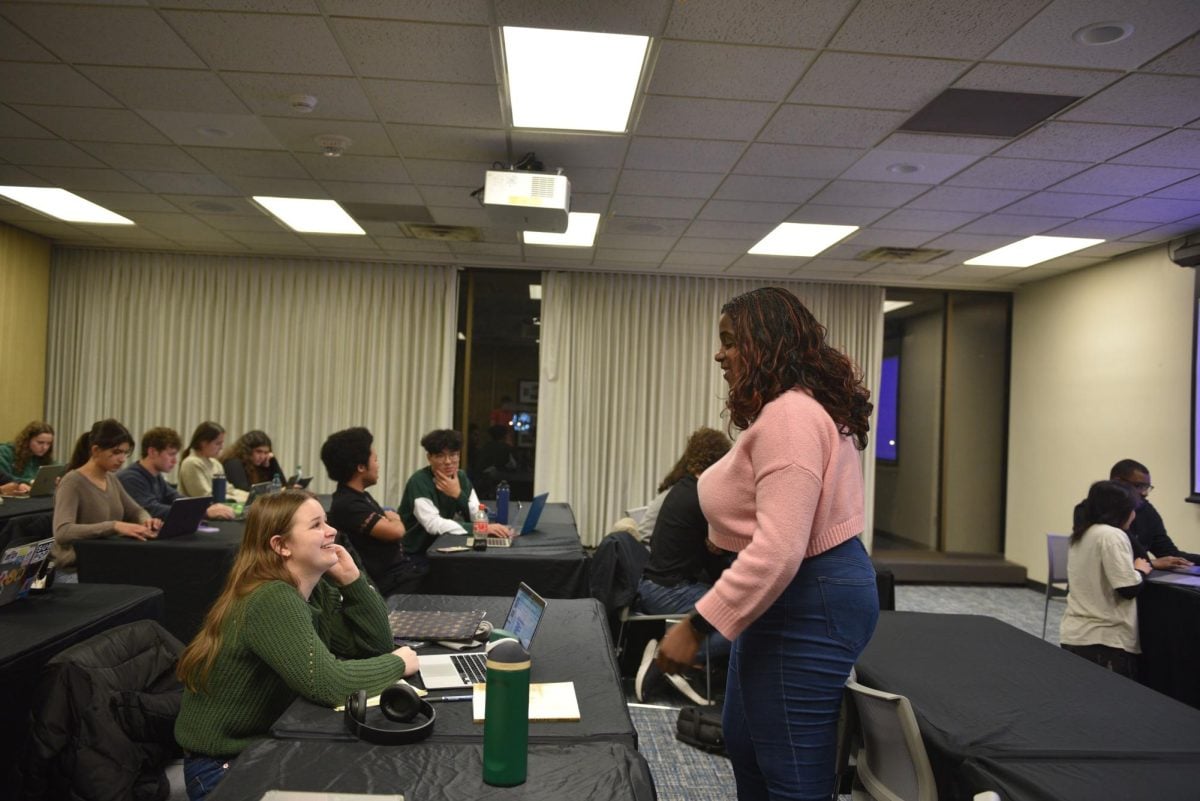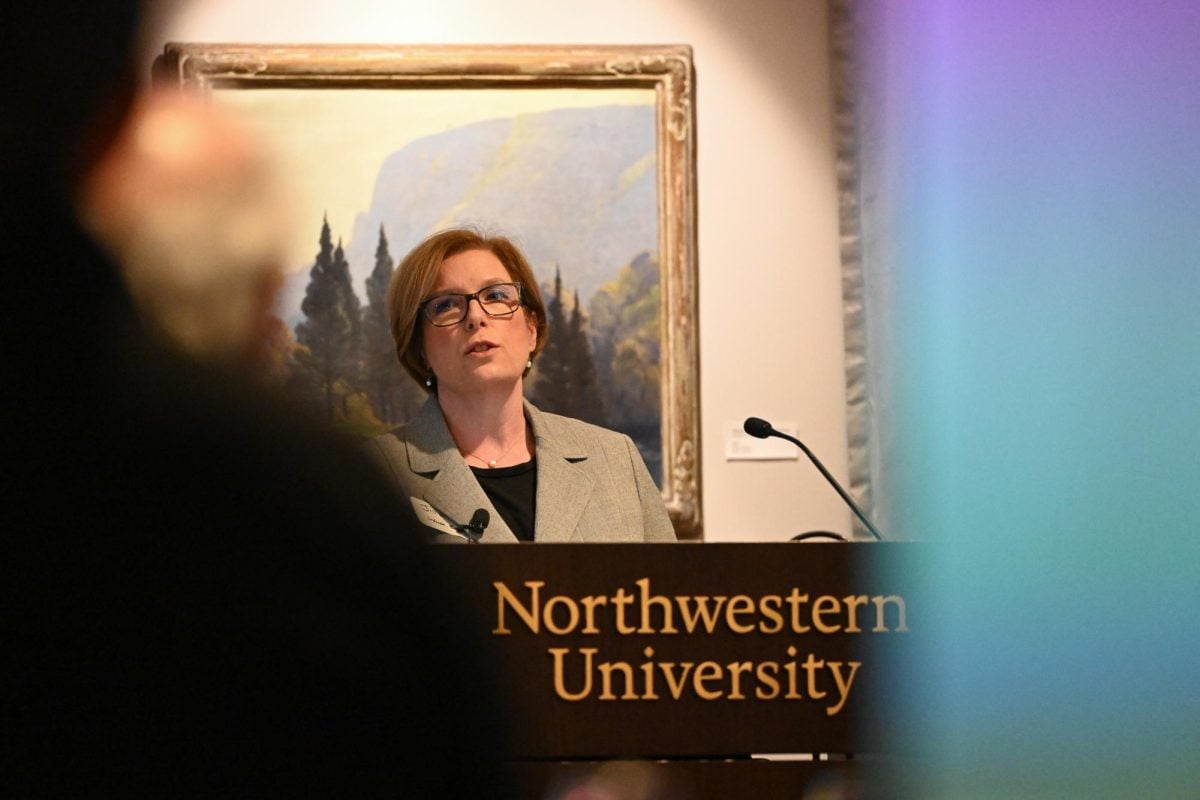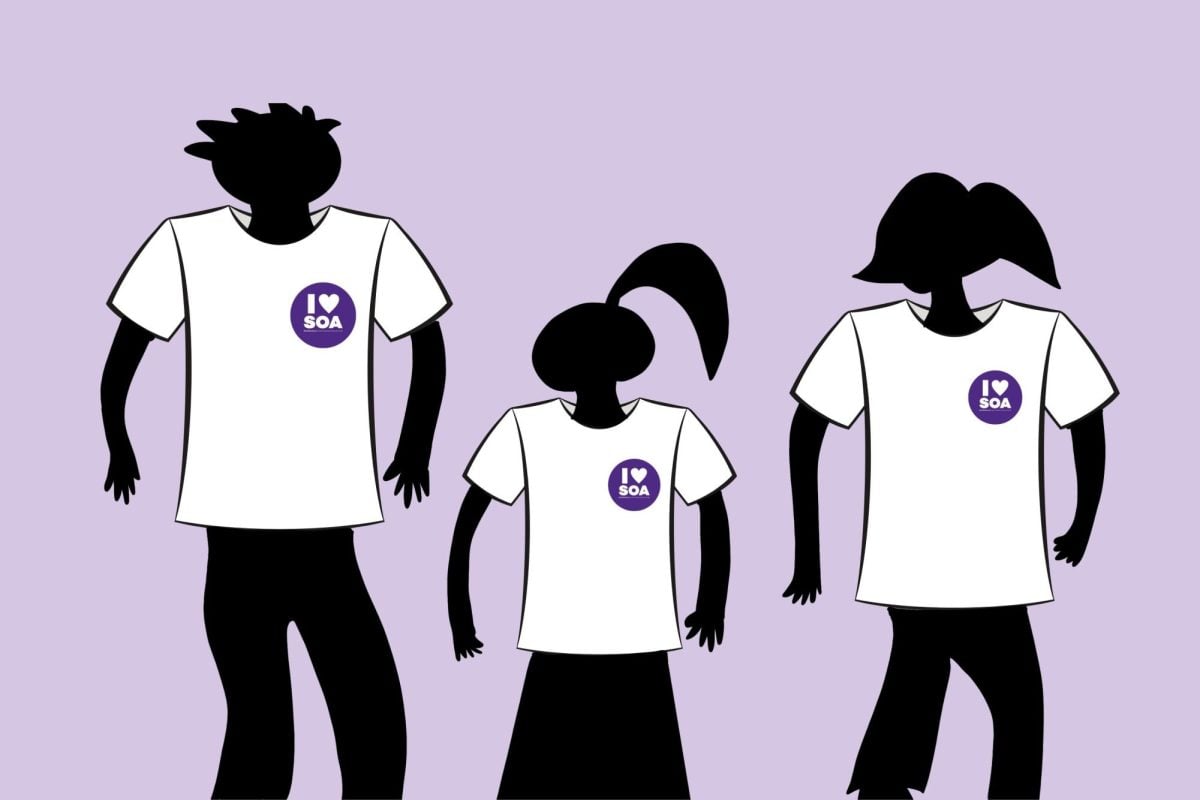Several of Northwestern’s sexual assault resources teamed up to host a discussion Monday evening in response to the personal account of an Amherst College student’s rape that was published online earlier this month.
The story, which received national attention over the past few weeks, prompted student desire to understand NU’s response protocol for cases of sexual violence.
Laura Stuart, sexual health education and violence prevention coordinator at NU Health Services, led about 20 students in the discussion, “NU Active Minds Talks Back: A Discussion of Sexual Assault,” in a Fisk Hall classroom. The event, hosted by NU Active Minds, Sexual Health and Assault Peer Educators and Men Against Rape and Sexual Assault, largely focused on how the University’s sexual assault procedures compare to those at Amherst and other universities.
The column of former Amherst student Angie Epifano, published Oct. 17 in the school’s student newspaper, related how Amherst officials allegedly forced her to take a leave of absence and be treated in a psychiatric ward after she shared she had been raped.
Since then, Epifano’s story has inspired college students from across the country to come forward with their own experiences of sexual assault, including an NU student who is currently on leave.
In a Facebook status posted Oct. 18, the Weinberg senior wrote that University Police escorted her to the Evanston psychiatric ward after she told a professor that she was raped over the summer. She also wrote that the administration told her she could either go on voluntary medical leave or withdraw from NU.
Katie Sanford, co-president of NU Active Minds, said members of the organization wanted to start a campus dialogue after learning of both the Amherst and NU cases.
“We realized that hearing about the tragedy that occurred to that poor girl at Amherst and how they treated her that it would not be out of the realm at Northwestern for people to wonder, ‘Is that going to happen to us? Could that happen to me?’” the Weinberg senior said.
During the discussion, Stuart informed students about NU’s current resources for victims of sexual assault, which include the NU’s new Center for Awareness, Response and Education, which was established in April. She also talked about some of the procedures for reporting rape and accessing counseling services.
Stuart discussed how sexual violence procedures differ between the University and criminal court proceedings, as well as new federal initiatives to hold universities accountable when instances of sexual assault occur on campus. She explained how the Office for Civil Rights’ “Dear Colleague” letter, released in January, essentially told schools that they had an obligation to investigate instances of sexual violence. She also mentioned the Clery Act, which requires colleges to publish information about campus crime.
“There’s a lot more on the national level,” Stuart said. “Suddenly there’s been a lot more saying, ‘No, universities can’t ignore this. They can’t just pretend this isn’t happening anymore.’”
One female student asked Stuart whether forcing rape victims to withdraw from the University and spend time in a hospital would be “further isolating” for the students.
In response to questions about situations where students are required to go on medical leave, Stuart said the decision is ultimately made by University deans and NU’s Counseling and Psychological Services. However, she said these decisions are made in the interest of protecting students’ health.
“If someone is either hospitalized or asked to take essentially an involuntary leave of absence, a lot of times it’s because the counseling staff or dean of students is really worried about that student’s risk of suicide,” Stuart said. “If we think someone is going to harm themselves, ethically, we can’t let that happen.”
Weinberg sophomore Kayleen McMonigal said she heard about the event earlier in the day and decided to come after hearing so much about the Amherst case, as well as the situation concerning the NU student. She said the discussion was productive in that it provided students with more information about the sexual health resources and policies in place at NU.
“I think a lot of people don’t know the policies,” she said. “Hearing what they are is useful.”
